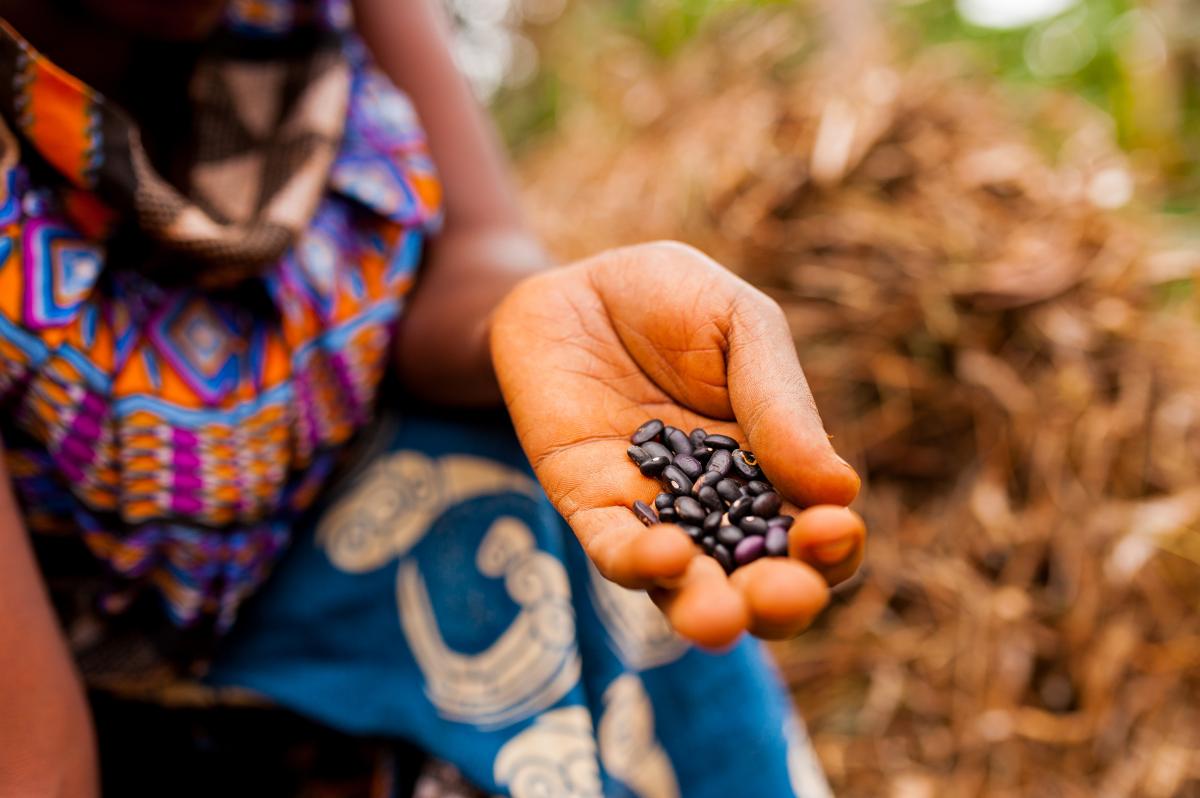Priority Action 3: Promote fair laws and policies for recovery
At the opening of the Economic and Social Council’s 2021 Forum on Financing for Development, Secretary-General Antonio Guterres warned that some 120 million people have fallen back into extreme poverty and some 114 million jobs have been lost. Highlighting the fact that we are witnessing the worst recession in 90 years, the Secretary-General called for commitments to address the global financing gap, while at the same time advocating for a just transition that supports those communities most affected.
We are witnessing fiscal support measures of historic magnitude, totaling USD 16 trillion globally. The support is uneven, however, with developed countries accounting for 80% of global fiscal stimulus.
The pandemic has required policymakers to rethink economic policies and reorient business models towards greater inclusivity, including pricing externalities such as carbon emissions and leveraging capital for sustainability. The response requires breaking down pre-existing drivers of marginalization and inequality and to build policies and laws that take equity implications into account more explicitly, removing barriers to future sustainable growth and development.
The rule of law enables good governance and is a precondition for security, justice, and equality. The rule of law safeguards human rights standards. An independent judiciary protects procedural rights and provides legitimate justice outcomes, including through fair laws and policies, effective, accessible, and accountable institutions, and by ensuring people and groups are empowered to realize their rights.
HIGHLIGHTS
Fair trade and investment laws for a sustainable economic recovery

The COVID-19 pandemic is threatening progress made by least developed countries (LDCs) over the past decade. LDCs are struggling to find the resources needed to both address and minimize the pandemic’s adverse impacts and to support their sustainable development efforts. The pandemic has also uncovered the insufficiency of laws at national and global levels, which leaves LDCs exposed and threatens to increase vulnerabilities, marginalization, and exclusion within countries.
Private investment is an essential tool for LDCs to build a sustainable economy and recover from the effects of the pandemic. Building a successful and sustainable investment climate requires LDCs to build laws that are fair, and to devise policies that serve as a catalyst for development and recovery.
However, LDCs often lack resources and capacity to pursue national development goals and to harness the skills, resources and capital that private sector investment brings. This includes the capacity to carry out effective negotiation strategies to conclude contracts that serve sustainable interests and reduce risks associated with dispute settlement procedures.
IDLO and the United Nations Office of the High Representative for Least Developed Countries, Landlocked Developing Countries and Small Island Developing States (UN-OHRLLS) jointly designed the Investment Support Programme for Least Developed Countries (ISP/LDCs).
The Programme adopts an integrated approach, providing direct technical support to investment negotiation and dispute settlement matters, as well as capacity building of officials. The private sector is also integral to investment capacity development in its support of largely under-resourced small and medium-sized enterprises.
Since its inception, the ISP/LDCs has delivered technical support to a wide range of LDCs, including The Gambia, which received programmatic support in an investor-State arbitration. This assistance was key to the dispute’s settlement, with the foreign investor relinquishing its claims and The Gambia able to retain financial resources essential to domestic COVID-19 mitigation.
Find out more:
Using the law to secure food and nutrition for marginalized groups

The COVID-19 pandemic poses a significant threat to the right to food for marginalized groups. In many countries, COVID-19 is intertwining with pre-existing factors affecting food security and nutrition and access to affordable and nutritious food.
Within this context, women and girls are particularly affected by food insecurity worldwide. According to the latest State of Food Security and Nutrition Report (SOFI 2020), women have a 13 percent higher chance of experiencing moderate or severe food insecurity than men, and close to a 27 percent higher chance of being severely food insecure at the global level. Forced confinement resulting from restrictive measures to respond to the pandemic has increased the burden of domestic work, which is predominantly carried out by women and girls. Reduced quality and quantity of food within the household further disadvantages women and girls who receive an inadequate distribution, hindering their enjoyment of the right to food.
Social protection mechanisms have been activated by governments, such as cash transfer or food basket distribution, but fair distribution is not guaranteed as institutions for social protection are often weak. The rule of law has a vital role to play in ensuring fair laws and policies that protect individuals’ right to food.
IDLO, in partnership with the Food and Agriculture Organization of the United Nations (FAO), is implementing a program that aims to enhance food security and nutrition for vulnerable groups, particularly women and girls, in the context of COVID-19 response and recovery. It is first being launched in Honduras and Uganda, regions that have witnessed economic challenges, inter-communal disputes, extreme weather conditions and pest invasions.
The program will raise awareness of the impacts of emergency laws on food security and nutrition for vulnerable groups and formulate policy and legal solutions to enhance food security and nutrition during emergency responses.
Find out more:

